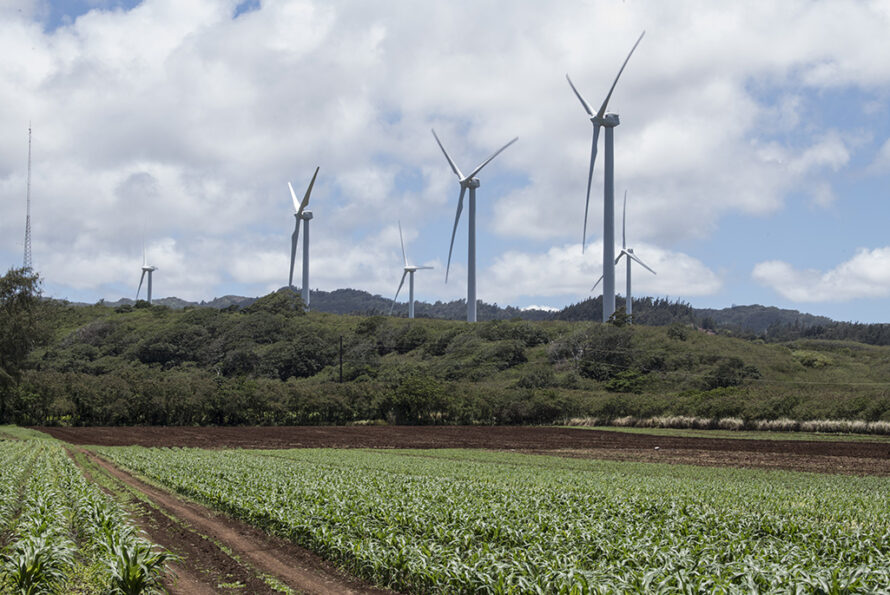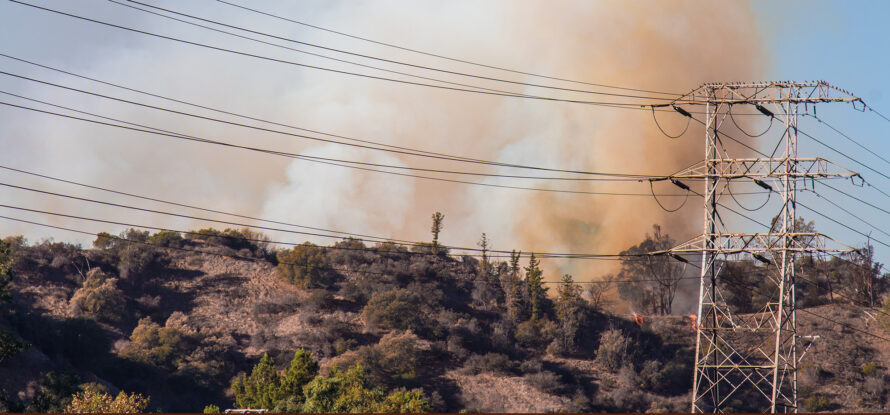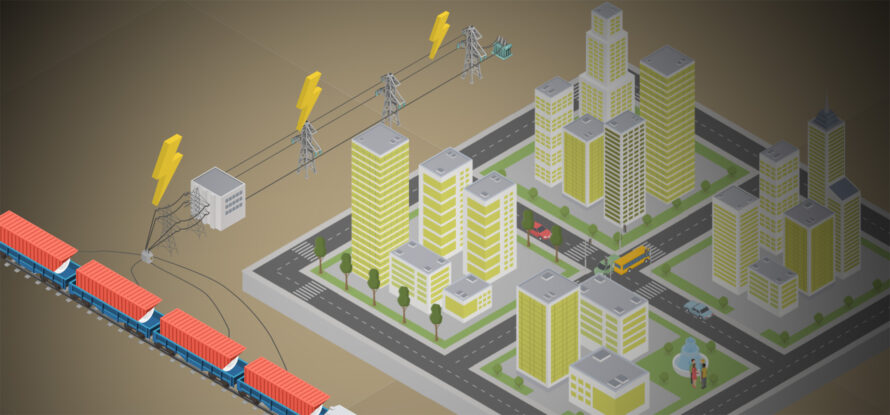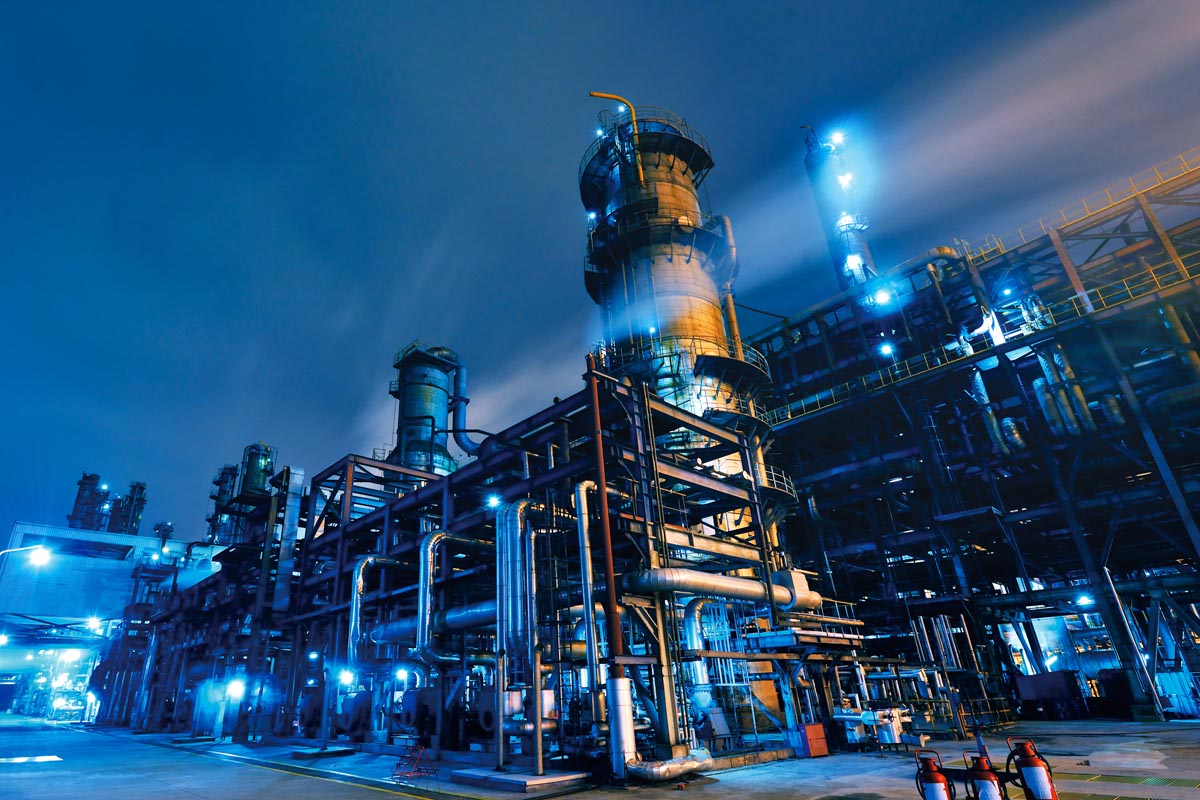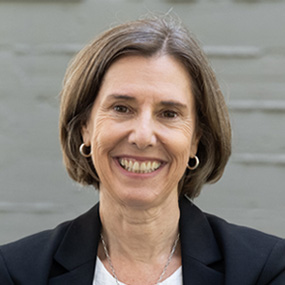
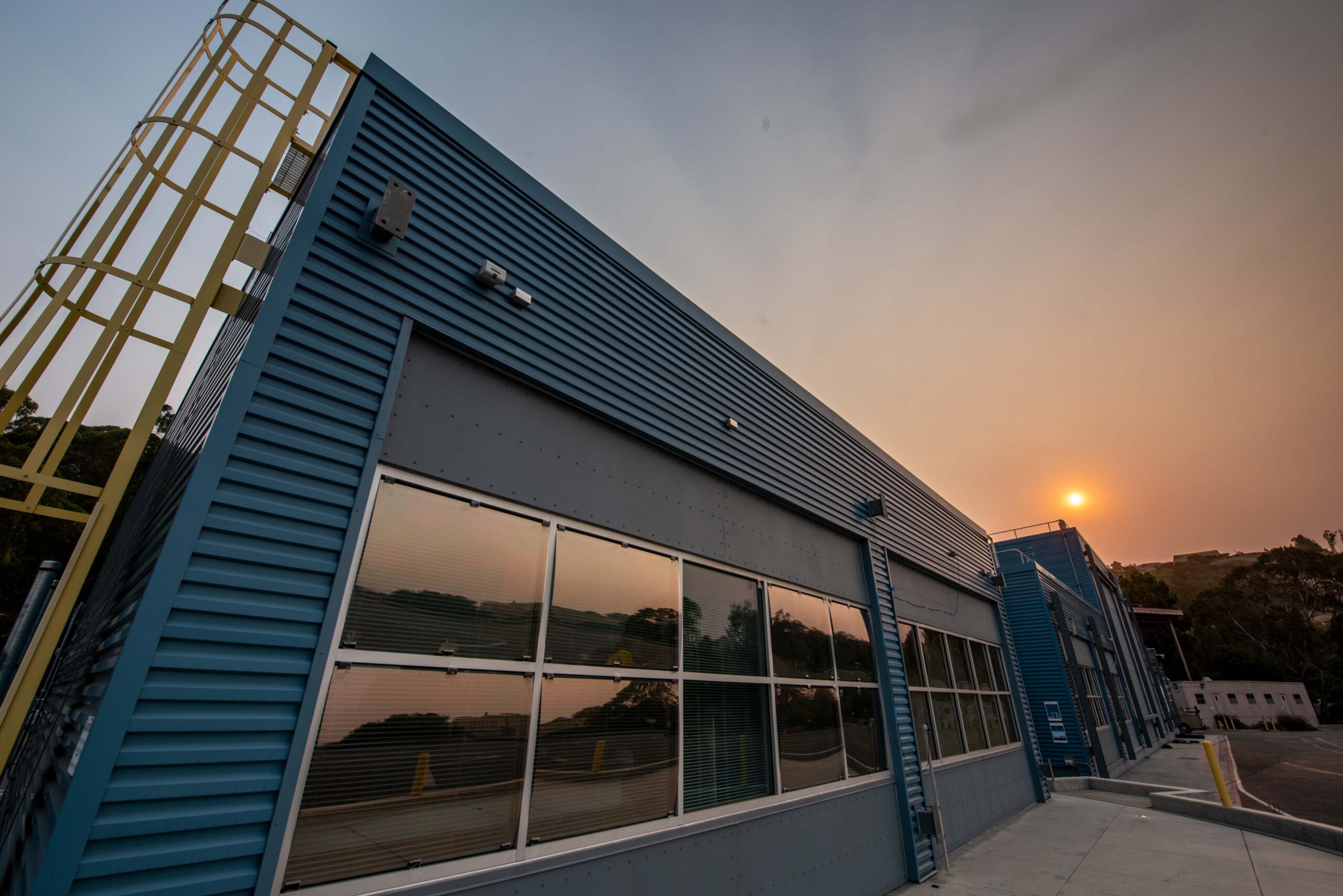
The world’s most advanced integrated building and grid technologies testbed.

Aiming to enable an economically sustainable, lower-carbon energy economy by creating an integrated energy system simulation capability and a validation testbed.

Uncovering deep energy and cost savings with energy management and information systems.
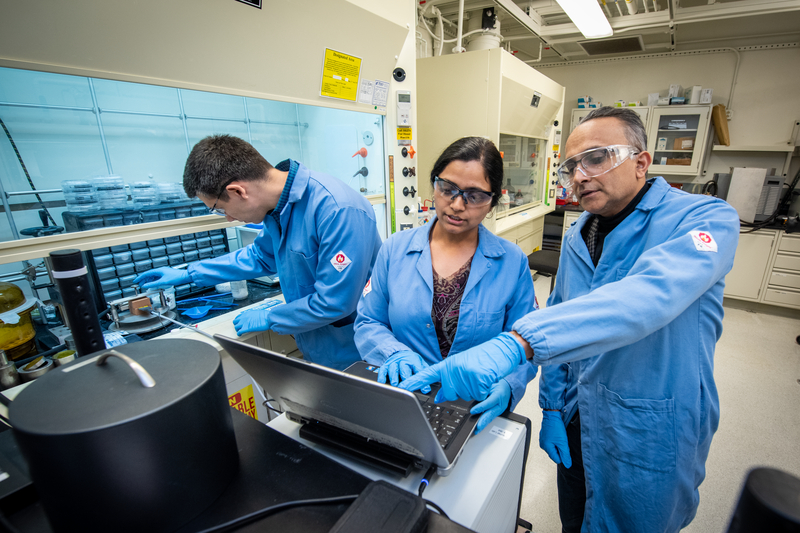
Manipulating matter at nanoscale dimensions for novel applications in a multitude of thermal, solar, and electrochemical energy devices and systems.

Focused on advancing understanding of processes at the climate-water-energy-land-decision interface to inform complex tradeoffs in the design of resilient systems.

These buildings combine energy efficiency with smart technologies to remake buildings into a major new, clean, and flexible energy resource.

Nan Zhou has been leading many international programs on energy efficiency and greenhouse gas mitigation, often focused on emerging economies. Her expertise includes integrated energy system and emission modeling, energy efficiency for end use sectors in buildings, appliances, industry and transport; microgrids/distributed energy resources; and low carbon/smart city development.

Joseph (Joe) Rand is an energy policy researcher in Berkeley Lab's Electricity Markets and Policy Group. He conducts research and analysis on renewable energy, including: renewable energy policy, cost, and market analysis; spatial data analysis; and research related to social impacts, interconnection, and deployment barriers of renewable energy.

Amol Phadke is a staff scientist in Berkeley Lab's Electricity Markets and Policy Group and an affiliate and senior scientist at UC Berkeley's Goldman School of Public Policy. His work focuses on the electrification of heavy duty vehicles, grid scale storage, and deep decarbonization of the power and transport sectors.
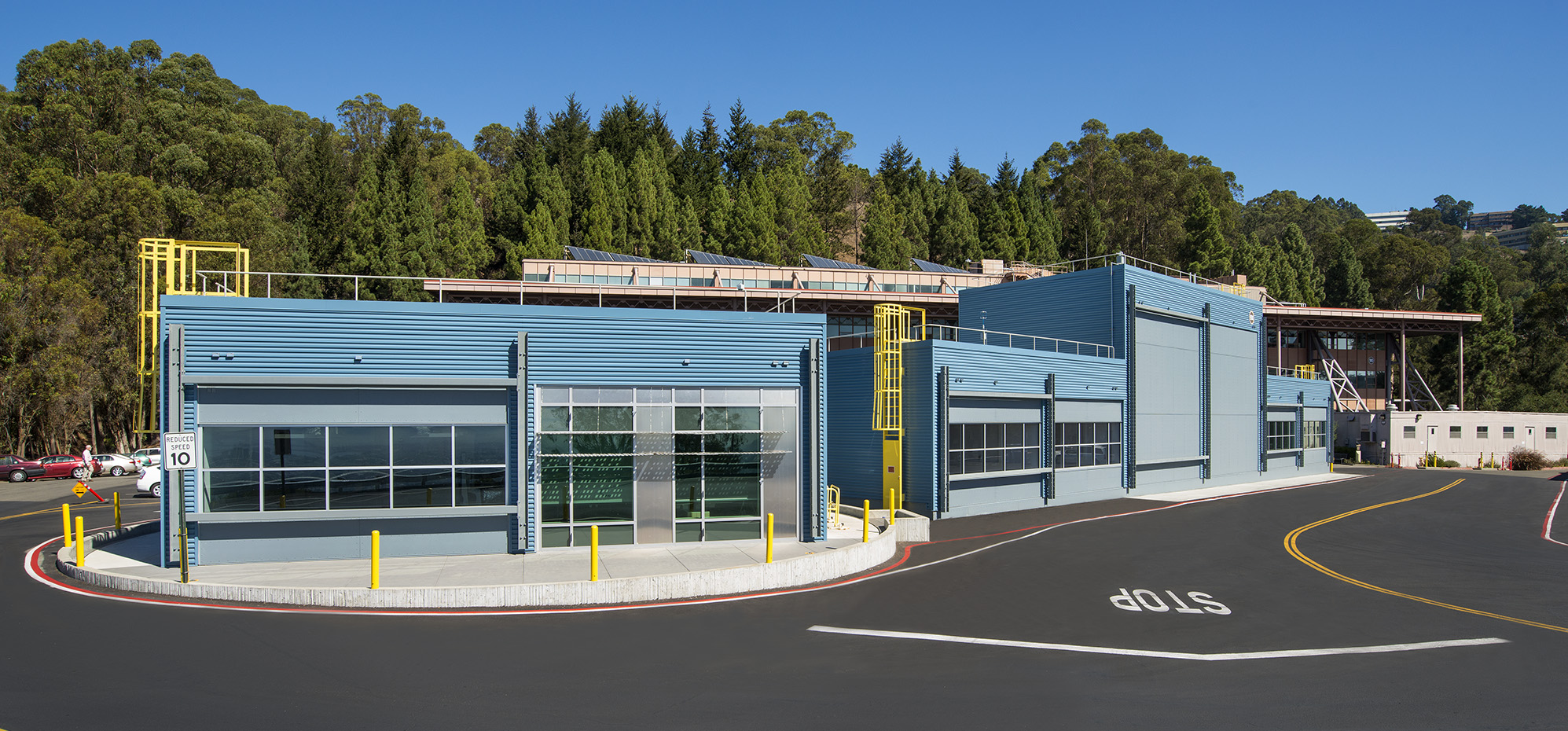
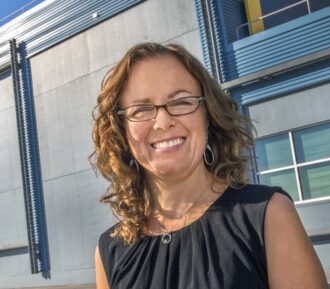
Researchers at the FLEXLAB facility, a unique buildings testbed at Berkeley Lab, are helping the buildings and utilities sectors and U.S. policymakers develop new technologies for a zero-carbon future. Their work could help the nation develop a flexible energy system that could better deliver electricity and clean energy to customers, manage grid conditions, and help customers save on utility bills.
Berkeley Lab scientists discuss how advances in energy storage can help us prevent extreme weather-related blackouts, adopt more renewable energy, and build bigger, better, more environmentally responsible batteries.
